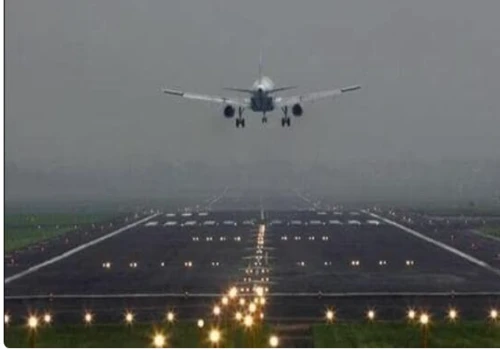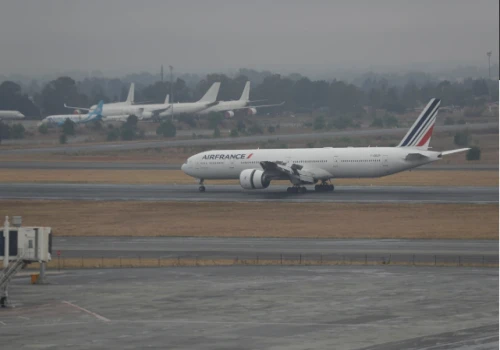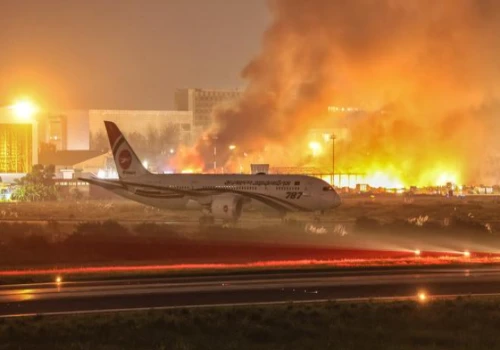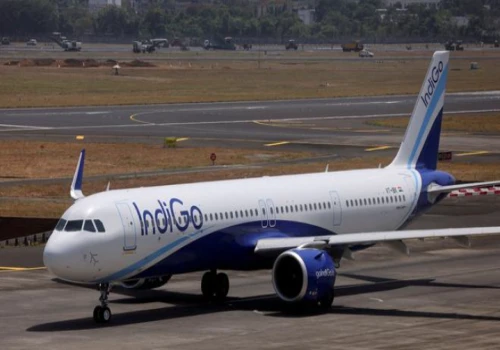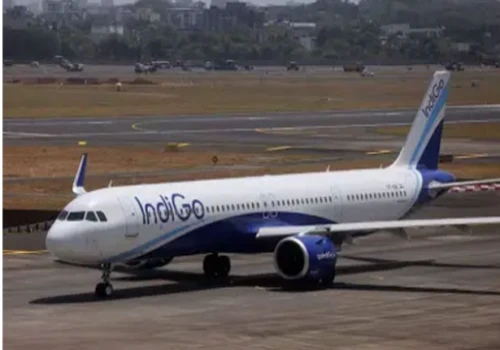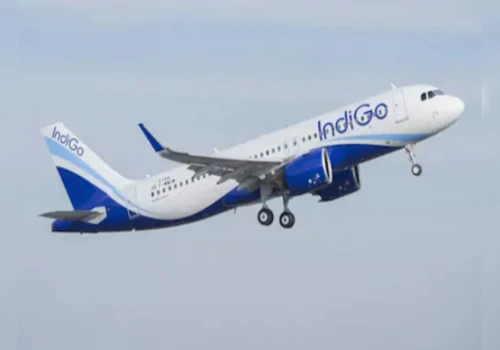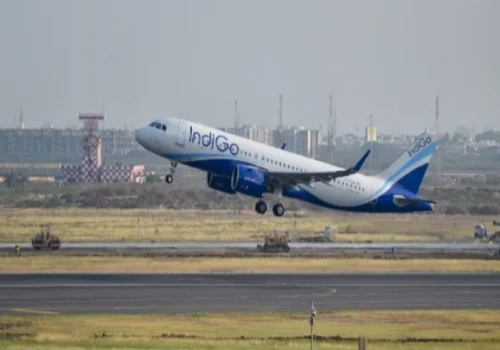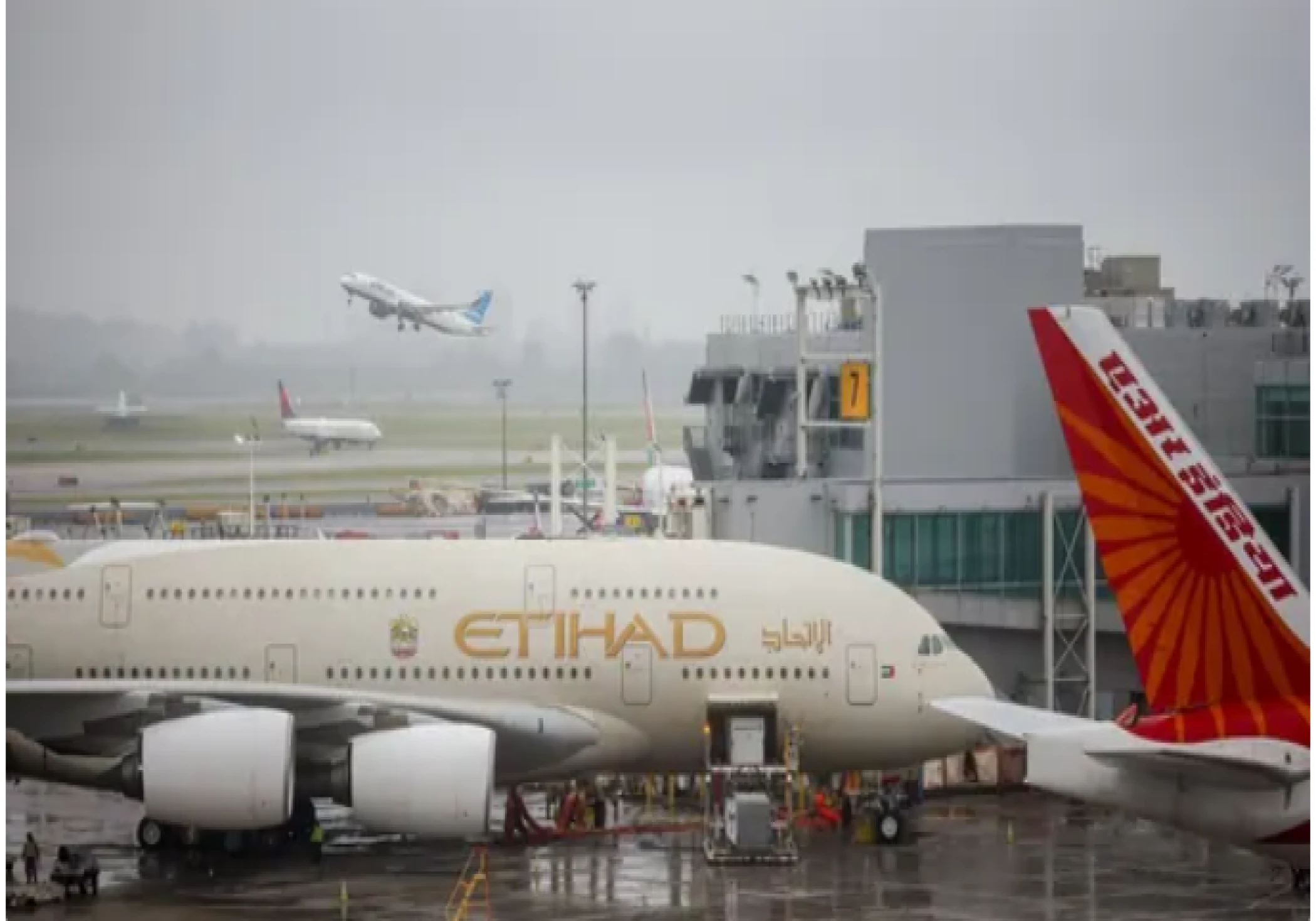
As investigations into the Air India crash deepen, Etihad Airways has issued a strict directive to its pilots, emphasizing tighter fuel management protocols to avoid similar tragedies.
In response to growing global scrutiny of aviation safety following the Air India Express crash, Etihad Airways has implemented new operational guidelines for its pilots. These rules include a firm mandate on when and how fuel source switches should occur during flight. The move is seen as a preventive strategy, aimed at reducing technical errors that could result from mishandling fuel supply systems.
The decision follows reports from the Air India crash probe, which indicated that fuel mismanagement and delayed switching might have played a contributing role in the tragedy. While Etihad is not directly linked to the incident, its proactive stance showcases a growing trend among international carriers to revisit flight protocols and safety drills in light of high-profile aviation mishaps.
The updated policies at Etihad stress pilot accountability and technical accuracy, mandating enhanced simulator training focused on fuel management scenarios. In addition, the airline is also reviewing cockpit resource management (CRM) procedures to ensure better communication between crew members during critical phases of flight.
Safety experts have lauded Etihad’s preemptive approach, noting that such measures could significantly reduce the risk of fuel-related in-flight emergencies. Industry observers believe this may trigger a wave of similar reforms across other major carriers in the Middle East and beyond.
This development reflects how incidents in one part of the aviation network can have ripple effects globally, prompting airlines, regulators, and manufacturers to take a harder look at long-standing operational
practices.



